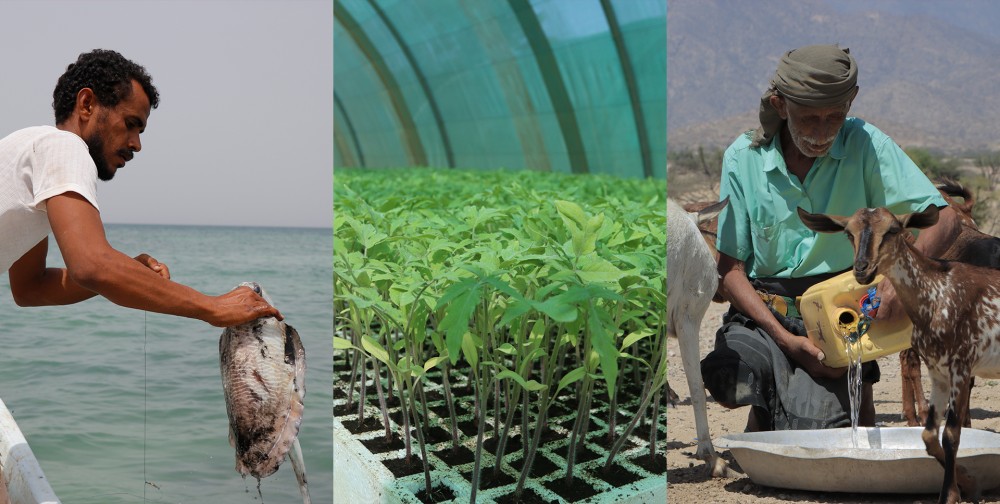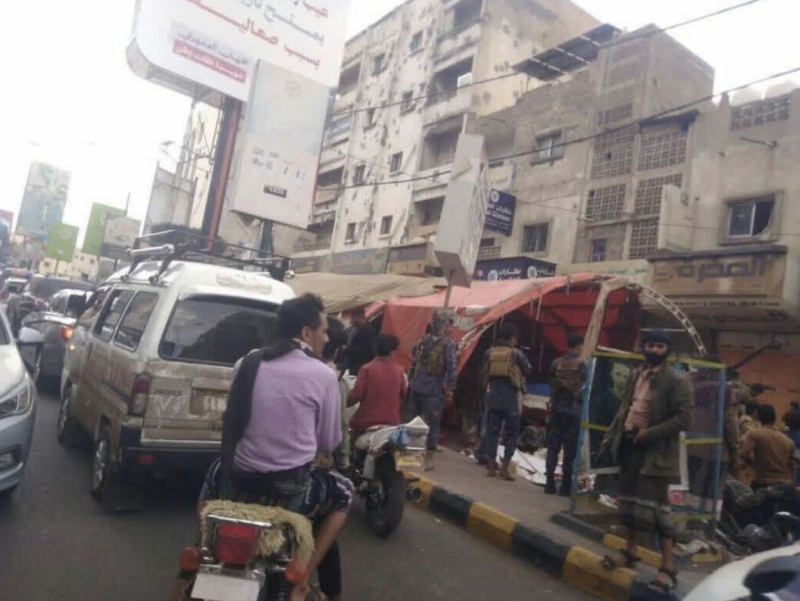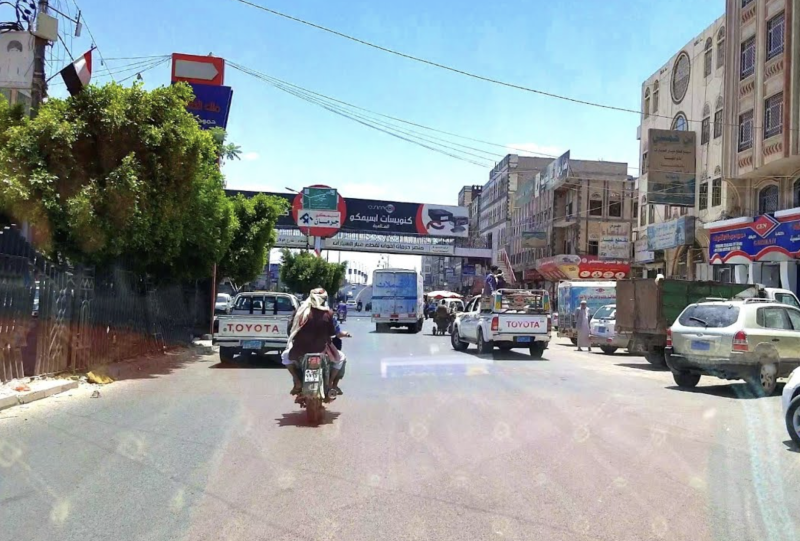Yemen: FAO , KSRelief Hand Over Rehabilitated Fish Landing Sites


The Food and Agriculture Organization of the United Nations (FAO) and the King Salman Humanitarian Aid and Relief Centre (KSRelief) have handed over three fish landing sites to authorities in Al Khawkhah and Al Maharath, a move that is expected to boost the fishery sector in Yemen.
The sites were rehabilitated under “Emergency support to protect the agriculture-, livestock- and fishery-based livelihoods of highly vulnerable conflict and COVID-19 affected populations in Yemen” which is funded by the KSRelief.
A total of four sites were rehabilitated under the project and they are in AlMahrah (two sites) and one each in Abyan and Al-Hodeida.
Yemeni’s fisheries sector has been battered by the conflict which has seen the deterioration and destruction of important fishing infrastructure. In some cases, the fishing infrastructure, including landing sites, markets and boats have been destroyed by cyclones and other climate hazards.
The landing sites which were rehabilitated under the project were in a very bad shape. In some cases, fisherfolks were landing in the open from the sea, thus affecting the quality of fish produced resulting in huge losses along the value chain. The poor state of the landing sites caused high post-harvest losses. Ultimately, the fishermen were receiving less for their efforts.
Poor infrastructure inhibits the growth of the fisheries sector which contributes an estimated 3% towards Yemen’s gross domestic product (GDP). The fisheries sector represents one of the main sources of export earnings in the country. Slightly less than 2% of the population’s workforce is employed in this sector which remains a major source of employment, income, and food security along the coasts of the country. FAO statistics show that agriculture contributes around 15% of the country’s GDP.
The FAO Representative in Yemen, Dr Hussein Gadain, said despite the ruptures caused by the conflict, climate shocks and the COVID-19 pandemic, the fisheries sector in Yemen had great potential to contribute significantly towards the economy as well as the food and nutrition security of the country. He thanked KSRelief for the support adding that this support enabled FAO to enhance food and nutrition security in Yemen.
“FAO is making efforts to ensure that, the fisheries sector becomes more efficient, more inclusive, more resilient, and more sustainable to effectively contribute to food and nutrition security and to Yemen’s economic turnaround. I am happy to say as seen here, the rehabilitated landing sites will help to achieve this,” said Dr Gadain. These rehabilitated centres are considered a location for first point of sale for products where large numbers of fishermen gather. Centres are managed either by active fish cooperatives or by fish wealth offices. The cooperatives or the fish wealth officers monitor and organise the work in these centres and monitor the landing and sell of fish. They collect a small fee from the fish sold and this is used to meet the operation costs of these centres and eventually shall contribute to their sustainability.
In addition to rehabilitation of infrastructure, the project also provided 1000 ice boxes and 3 000 life safety jackets to 3 000 beneficiaries in Al Mahra Governorate.
With support from KSRelief, and since the start of the conflict in 2015, FAO has significantly scaled up its emergency response in Yemen, reaching over 3 million vulnerable households over the past eight years. KSRelief is one of the donors working with FAO to rebuild and restore agricultural production and create livelihood opportunities in the face of ever-increasing food and nutrition insecurity
About the project
The project seeks to support 34 500 highly vulnerable, conflict-affected households to protect or rehabilitate their agricultural livelihoods and to enhance household food security. This is achieved by delivering critical support to fisherfolks, farmers, and pastoralists to enable them to continue food production both for household consumption as well as to sell in local markets.

Taiz — Local sources reported Thursday that security forces dismantled protest camps set up along Jamal Street in central Taiz, following a d…

Sana’a — Police in the Yemeni capital announced Wednesday the arrest of two suspects accused of killing a man and his wife on Khawlan S…

Sana’a — Local sources reported that four civilians, including two women and a child, were killed when an armed assailant opened fire o…